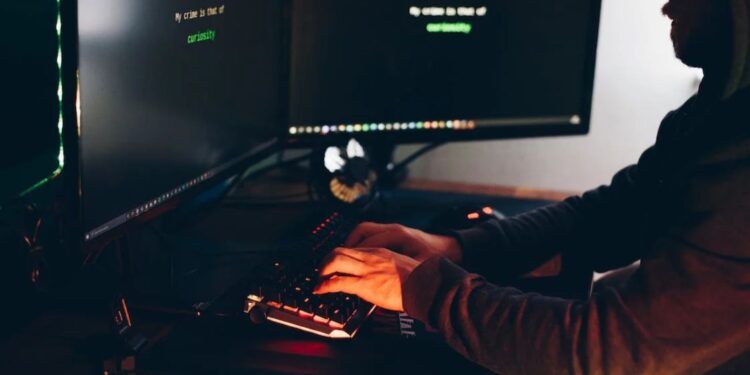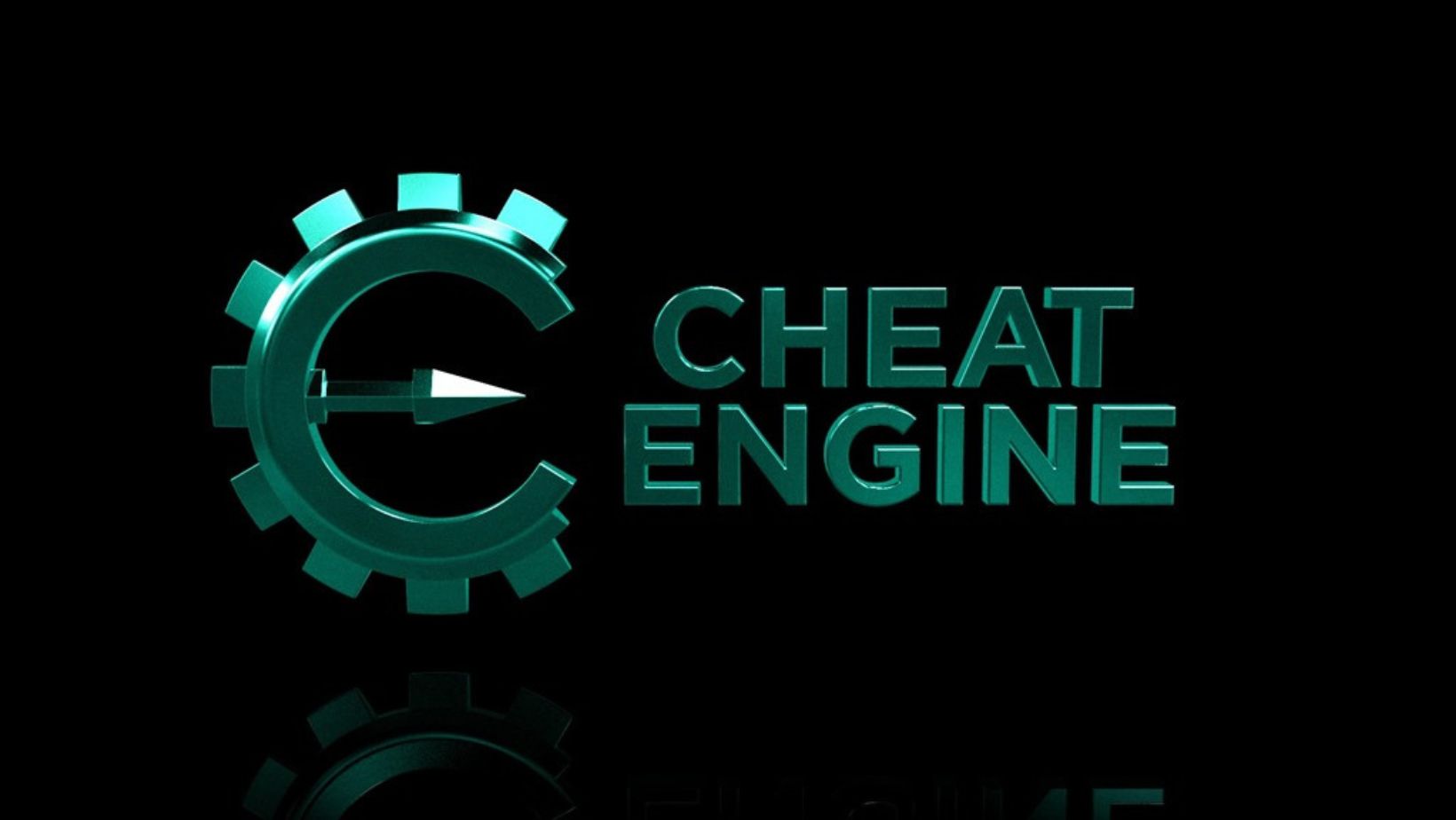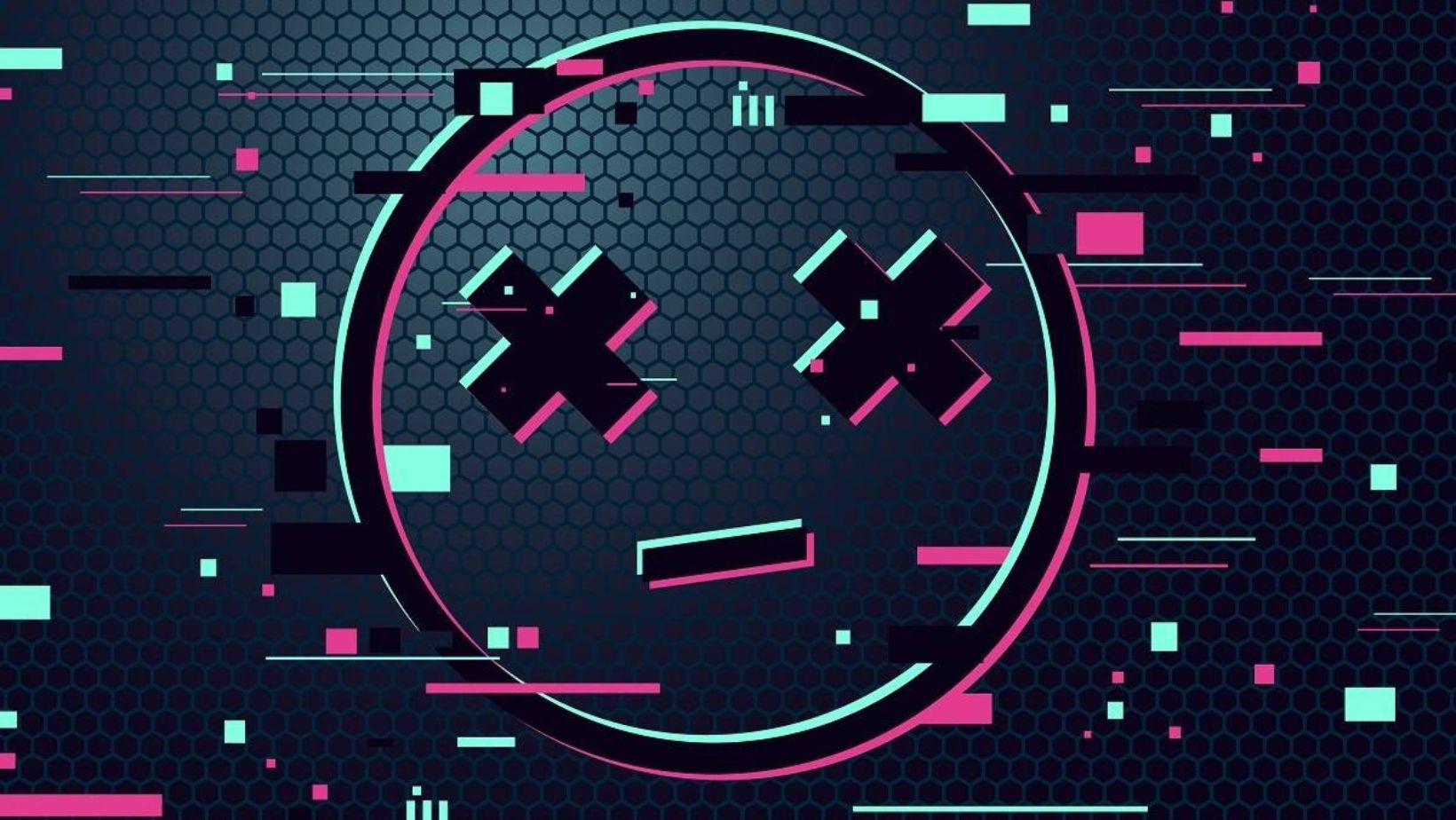With its rich history and continuous innovation, the gaming industry has always been a fascinating realm for developers and players. One aspect of this evolution that often sparks debate and curiosity is the development and use of cheat engines. These tools, designed to modify game features to the player’s advantage, have traveled a long and complex journey, reflecting the changing gaming landscape. This blog post aims to delve into cheat engines’ history, origins, evolution, and impact on the gaming community and industry.
The Birth of Cheat Engines
Un-Detected Cheat Engine: Altering a game’s code or mechanics for a different experience is as old as the games themselves. In the early days of gaming, developers often built cheats into games. These were primarily used for testing purposes, allowing developers to quickly navigate the game to check various features. However, as gaming communities grew and became more engaged, players became widely known and used these cheats for fun. The famous ‘Konami Code’ is a classic example of such early cheats that gained cult status among gamers.
The Rise of Third-Party Cheat Engines
As video games became more complex and multiplayer gaming took center stage, the nature of cheating evolved. The 1990s and early 2000s witnessed the rise of third-party cheat engines. These programs, separate from the game’s code, were designed to manipulate game data in real-time. Cheat engines like GameShark and Action Replay became household names, allowing players to modify character stats and game speed and even manipulate in-game resources. This era marked a significant shift from developer-integrated cheats to player-driven modifications.
The Ethical Dilemma
This shift also brought an ethical dilemma to the forefront. Cheating in single-player games was generally accepted as a harmless way to enhance personal enjoyment. However, the emergence of online multiplayer games changed the scenario. Cheating in these environments affected the experience of other players, raising questions about fairness and integrity in gaming. Game developers and communities began to view cheat engines with increasing scrutiny, leading to a tug-of-war between cheat developers and game creators.
The use of cheat engines in multiplayer settings sparked a debate about the essence of gaming. On one side of the argument, proponents of cheat engines claimed they allowed for a more personalized and, in some cases, more entertaining gaming experience. They argued that the ability to bypass game limitations could lead to creative gameplay and sometimes even help level the playing field in games perceived as unbalanced.
Conversely, many within the gaming community and industry argued that cheat engines in multiplayer games broke the implicit ‘social contract’ between players. This contract, based on mutual respect and fairness, is fundamental to the shared experience of gaming. In this context, cheating was seen not just as a breach of game rules but as a breach of trust among players. It undermined the competitive spirit, potentially ruining the experience for those who wished to play the game as intended.
The Modern Landscape and Undetectable Cheats
In response to the growing crackdown on cheats in online gaming, a new category emerged: undetectable cheats. These sophisticated tools are designed to bypass the advanced detection systems employed by game developers. They offer a stealthy way for players to gain an advantage without immediate detection, further complicating the ethical and technical landscape of modern gaming.
The Impact on Game Development
The evolution of cheat engines has had a profound impact on game development. Developers now allocate significant resources to cheat detection and prevention, incorporating complex algorithms and continuous monitoring systems into their games.
This ongoing battle has also sparked innovation in game design, with developers seeking ways to make games more secure and fair for all players.
Conclusion
The journey of cheat engines in gaming is a testament to the ever-evolving nature of technology and human ingenuity. From simple code hacks to sophisticated, undetectable tools, the gaming industry has profoundly shaped cheat engines. They reflect the ongoing tension between personal enjoyment and collective fairness, between player freedom and developer control. As the industry continues to grow and change, cheat engines will undoubtedly play a significant role, challenging gamers and game makers to rethink the boundaries of play and fairness.
















